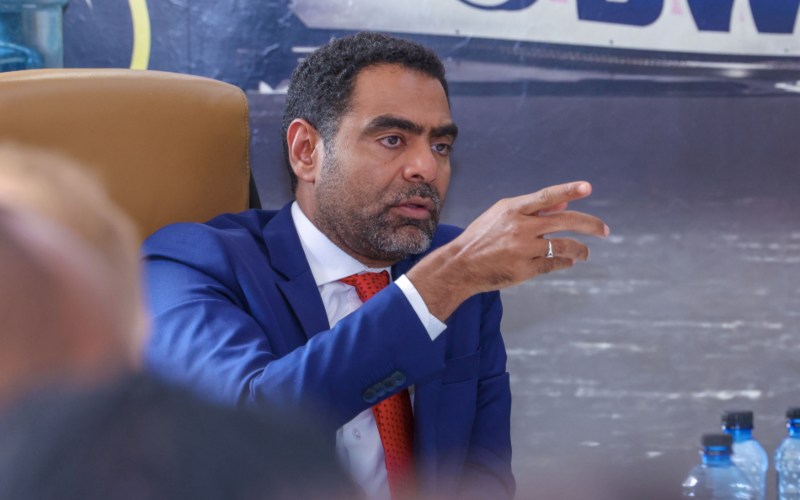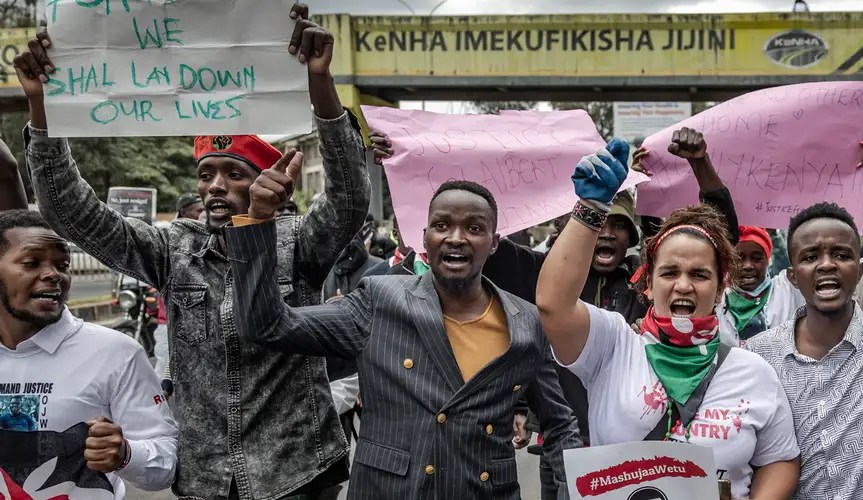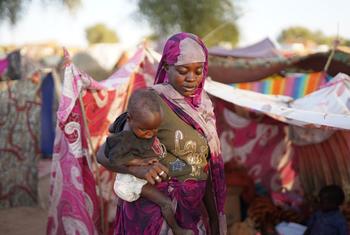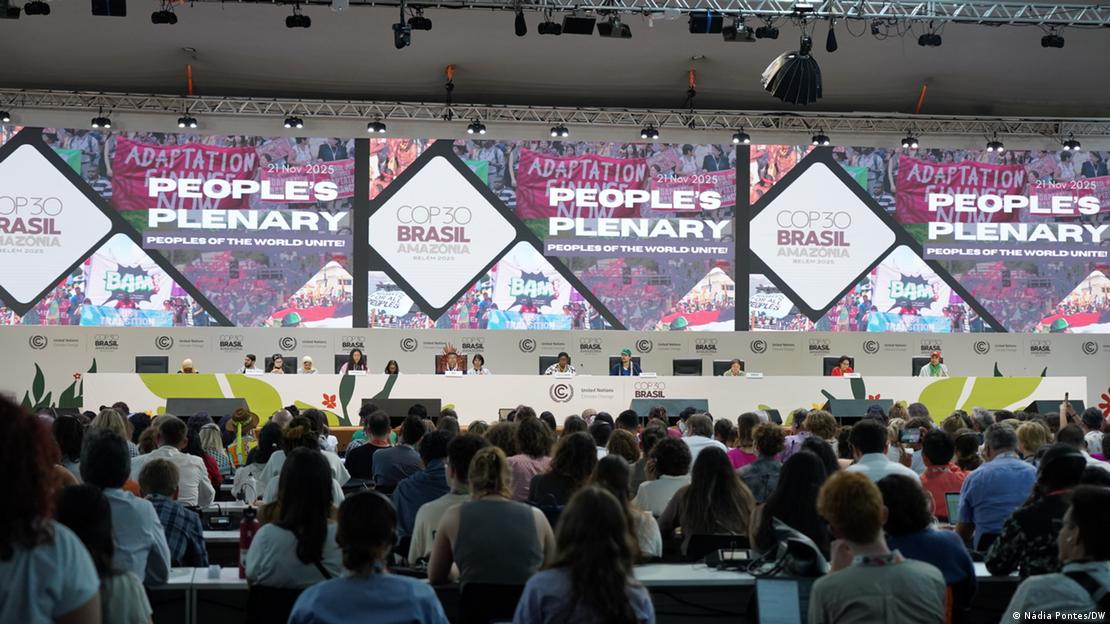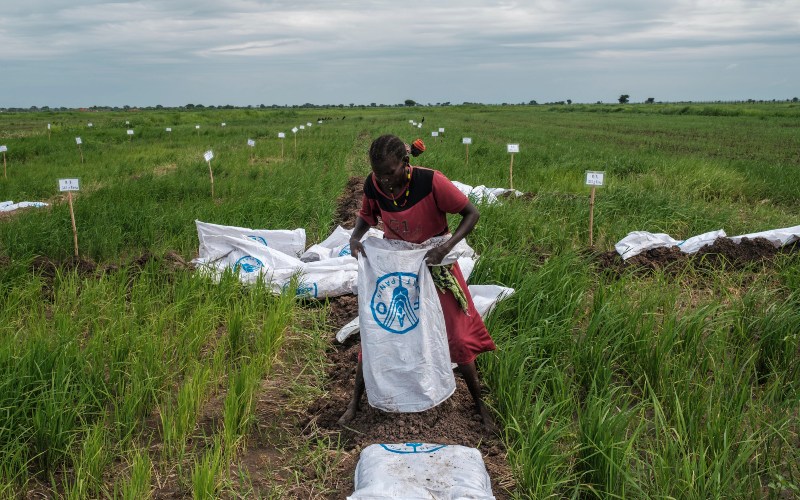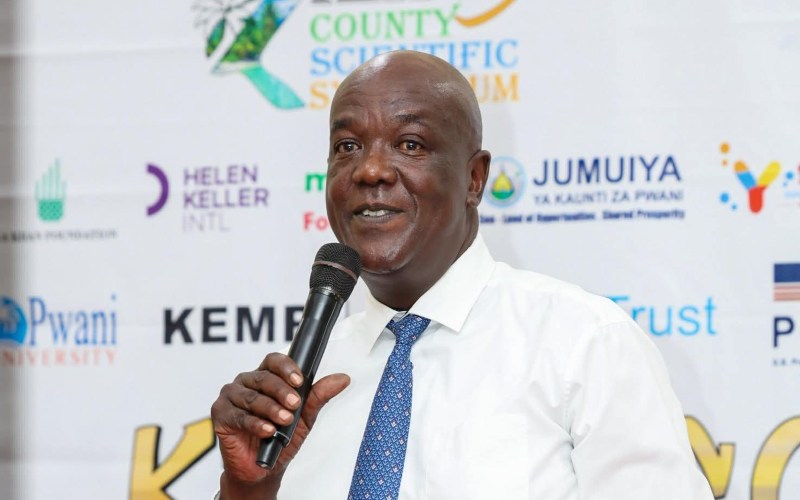PM Hamza Abdi Barre: Somalia’s defence is stronger and more prepared than ever

PM Hamza made these remarks during a handover ceremony at the Ministry of Defence, where Jibril Abdirashid Haji Abdi officially took over from Abdulkadir Mohamed Nur, who has now been appointed to head the Ministry of Ports and Marine Transport.
Prime Minister Hamza Abdi Barre has affirmed that Somalia’s defence is now steady and strong, with the country in a significantly better position to protect itself following years of challenges and focused efforts to strengthen its armed forces to meet the complex security threats it faces today.
PM Hamza made these remarks during a handover ceremony at the Ministry of Defence, where Jibril Abdirashid Haji Abdi officially took over from Abdulkadir Mohamed Nur, who has now been appointed to head the Ministry of Ports and Marine Transport. The ceremony comes at a crucial time as Somalia continues to confront the persistent threat of Al-Shabaab, which endangers the nation’s security and stability.
More To Read
- AfDB grants full debt relief to Somalia after decades of economic turmoil
- Trump faces rising backlash over remarks targeting Somali immigrants
- Lawyer Chacha Mwita charged with terror financing, freed on Sh5 million bail
- Somalia welcomes first group of Sudanese students under new scholarship programme
- Mogadishu’s Hamarweyne market shut for third day amid tax dispute
- How to make sweet and savoury plantains at home
The Prime Minister acknowledged the key role the Ministry of Defence has played, particularly in leading the successful diplomatic efforts that resulted in the lifting of a decades-long arms embargo by the United Nations Security Council. The Ministry also oversaw the capacity building and strengthening of the Somali security forces.
“The Ministry of Defence has made significant progress, including the lifting of the arms embargo on our country after many years, the preparation of the forces that secured the capital, and the development of plans to modernise the Somali National Army, which has undergone major reforms,” PM Hamza stated.
He praised outgoing Defence Minister Abdulkadir for his role in building a national army capable of defending the country and committed to eliminating Al-Shabaab from Somalia. The Prime Minister urged the incoming Minister, Jibril Abdirashid, to accelerate defence reforms and enhance national security efforts.
“The new Minister is expected to develop a National Policy for the Defence and Re-liberation of the country,” he said, calling on all government institutions to support the collective mission of defeating the enemies of peace, development, and stability in Somalia.
PM Hamza commended Abdulkadir’s leadership and achievements and encouraged his successor to build on this progress to ensure continued success in the fight against Al-Shabaab.
Somalia has declared an all-out war on Al-Shabaab, with the entire government backing security forces engaged in ongoing operations across the country. Both President Hassan Sheikh Mohamud and PM Hamza are personally involved in steering the national campaign against terrorism, which continues to hinder Somalia’s path to lasting peace and stability.
Active anti-Al-Shabaab operations are currently underway in the southern and central regions, including Jubaland, Southwest, Hirshabelle, and Galmudug states, where government forces are engaged in heavy confrontations with the militant group. In the north, Puntland State forces are battling ISIS fighters in the Al Miskad mountains.
Al-Shabaab, which has waged an insurgency in Somalia since 2007, seeks to overthrow the internationally recognised Somali government and impose a strict interpretation of Islamic Sharia law. This is despite the fact that Somalia’s population is overwhelmingly Muslim, and its constitution already acknowledges Sharia as a source of law.
The Somali National Army (SNA), comprising land, navy, and air force divisions, was formally established on 12 April 1960 — three months prior to the country's independence from Italy. While no official figures exist regarding the total strength of the SNA, security analysts estimate the force consists of approximately 30,000 personnel.
Top Stories Today


